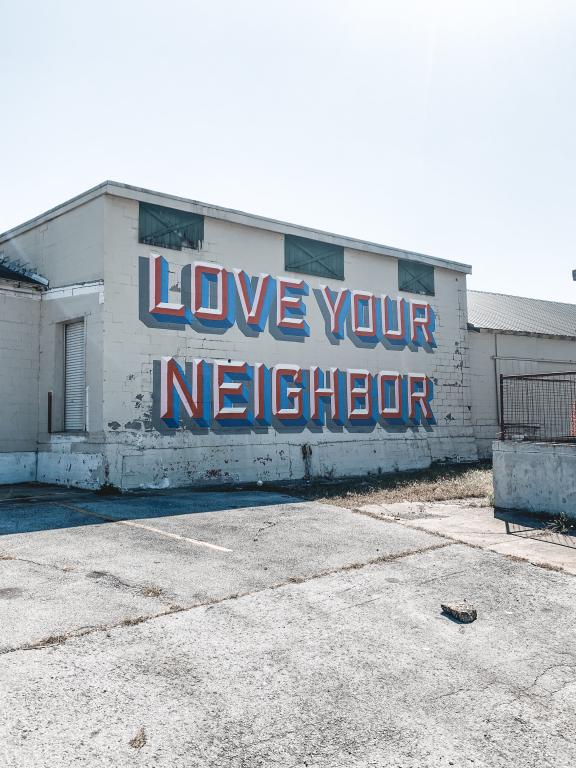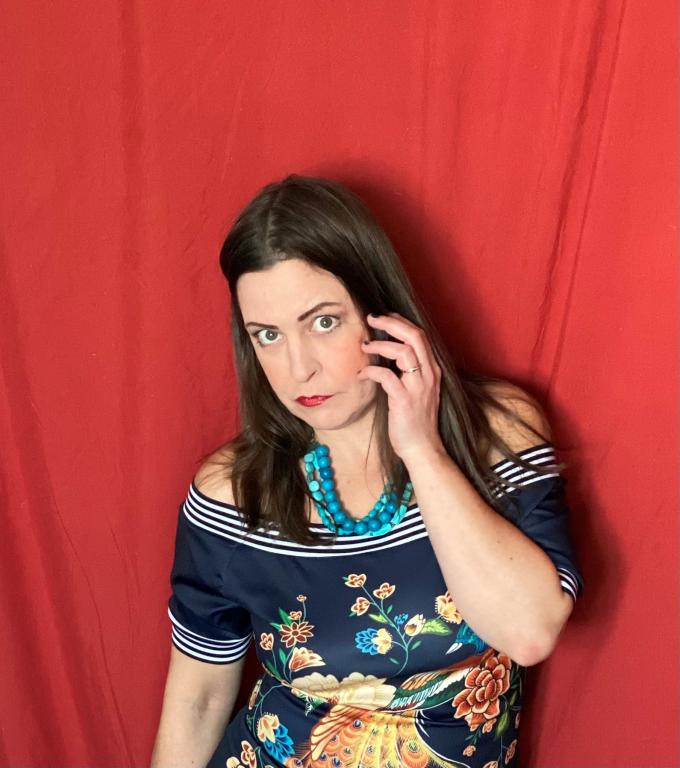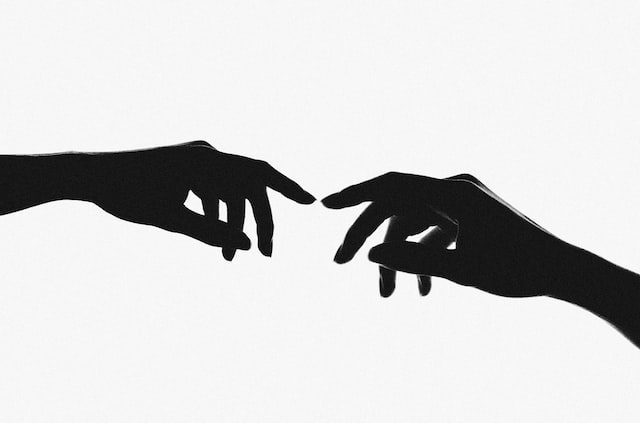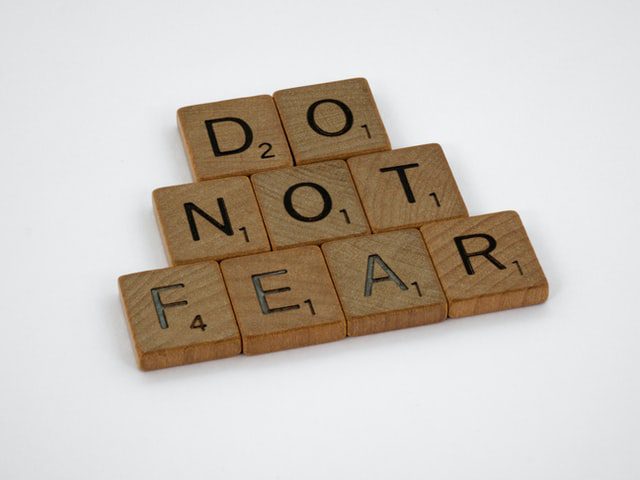
In a recent recording, a guest stated that he was fully aware that the things he posted online on social media were things he would never say to a person’s face in real life. That very day, after concluding that interview, I made a point to imprint that idea onto my heart as a reminder to be impeccable with my word and to consider the human being on the other end of any comment in response. A human that deserves dignity and respect.
I may differ from most people in that I believe all individuals are worthy of this extension. I know people limit the amount of respect and regard they extend to another—especially in a small town, where names and reputations precede us. Especially on a national level where associations equal identities. We allow one action or one demonstration of behavior that we find disagreeable to be the benchmark of who gets respect and who gets condemnation. Meaning we, as an individual, make a choice to be loving or not to someone else based on what we think we know about them. The sad part is that what we think we know about a person is usually bullshit. Nevertheless, we believe that what we know about another individual is just enough information to righteously judge them.
I like to come to my own conclusions about a person. When I first moved to a small town, everybody wanted to tell me who to befriend and who to avoid. It felt like the high school cafeteria all over again. A student guide pointing out all the cliques in the lunchroom, telling me who sits where and with who; telling me who was recently suspended and who just got expelled for wearing a shirt with a swear word on it. Coming to a small town, for me, was like Cady Heron coming to the school of Mean Girls.
The rebel in me befriended everyone that I was warned to stay away from. I have said it before and I will continue to remind you, you don’t get to tell me who I should and should not associate with. No one has that power. I mean, think back, did that work so well when our parents would tell us to stay away from certain people in high school all based on parental gossip? Nope. Well, why would it work now?
Ah, you see, that is the interesting part. As children, we rebel. We see the truth when we are young. We see the ways in which people aim to separate us from new experiences and new friends and we push back against those boundaries. Every time my mom told me to reconsider hanging out with a friend that I fought with, I would go out of my way to prove her wrong. I wanted to show her that my friend was great, we just had a conflict and would move past it. Most situations proved to be fruitful in that regard. If I pursued the friendship while acknowledging there would always be differences, I could learn to be resilient and tolerate the things that we disagreed on. Like music, or who was the cutest singer in NKOTB, or which fashion style would look best. Disagreements like that weren’t so serious and we could move past that.
But as adults, we shift the dynamics of friendship so much that if they aren’t head-nodders and our echo chamber, they aren’t good friends. If MSM tells us that someone who voted for Trump or Biden is a horrible person, we listen and distance ourselves from anyone that might fit that association. We have essentially let socially situated identities influence how we make and keep friends. And that influence then grants us approval to be judgmental snobs that dismiss people on account of what someone else has decided about them. Just like that, people don’t matter until media or headlines tell us they do, and what they look like, how they vote, and how much money they have in their bank accounts says something about who they are as a person.
Again, I like to come to my own conclusions. In the recent series I produced, I went straight to the individual that the majority of the town was against. Why? Because he had a “Fuck Biden” sign displayed in his yard and the whole town went nuts. He became a public enemy to the foundational values that establish our small town as a good place to live, so the rumor mill announced. But I reached out to him. I asked him if we could sit down and have a conversation and if he’d allow me to interview him for the podcast. I discovered so much about him. And most of all, I discovered why this person is worthy of dignity and respect. He shared space with me, met my questions with compassion and care, and was even willing to hear me out when I told him that I originally disagreed with his actions. The thing of it is, his actions are not for me to judge. And after getting to know him a bit, I don’t feel the desire to judge him. I understand why he chose to do what he did. When we understand, judgment seems foolhardy.
This approach to communication is risky, however, I will give you that. When we are willing to meet with someone face-to-face, it creates an entirely vulnerable environment. We cannot edit or delete what has been exchanged verbally in proximity. We cannot block a person if what they say offends us at the moment, for they are right in front of us. We can opt for the silent treatment, but then what was the point of communicating in the first place?
Conversations can be scary. As a podcast host, I know this all too well. I sit down with so many diverse thinkers that I often wonder if I will be able to engage with them for an entire hour! What will I say? What if I ask the wrong question? What if I push too hard? What if I asked a question about a topic that is off-limits to them? There are so many “what ifs” at play when we decide to converse with another, especially if we are discussing controversial topics or hot-topic issues that typically ping at the emotional side of humanity.
If the Mean Girls approach works for you and fulfills you, keep doing it. Limit your interactions and engagements if that brings you joy. But if you’re like me, and you get tired of thinking that you must judge every single person and only allow in the people that other people have validated on your behalf, then try seeing that person on the other side of the comment field or the other side of the table as an actual human being. See that diverse individual as someone that, like you, wants to live a healthy, happy, fulfilling life without too many obstacles and inconveniences. See them as someone who is trying to do the best they can with what they have in a world they don’t understand. It’s quite a humbling experience to be in the presence of another that shares that same great misunderstanding about the world as you do. See that person as a divine being, created in the image of God, and put on your path as an opportunity to transcend normative thinking about appearances and associations. Do something different! See the human instead of the label.
Check out the first installment of the series Getting to Know Your Neighbor here.












